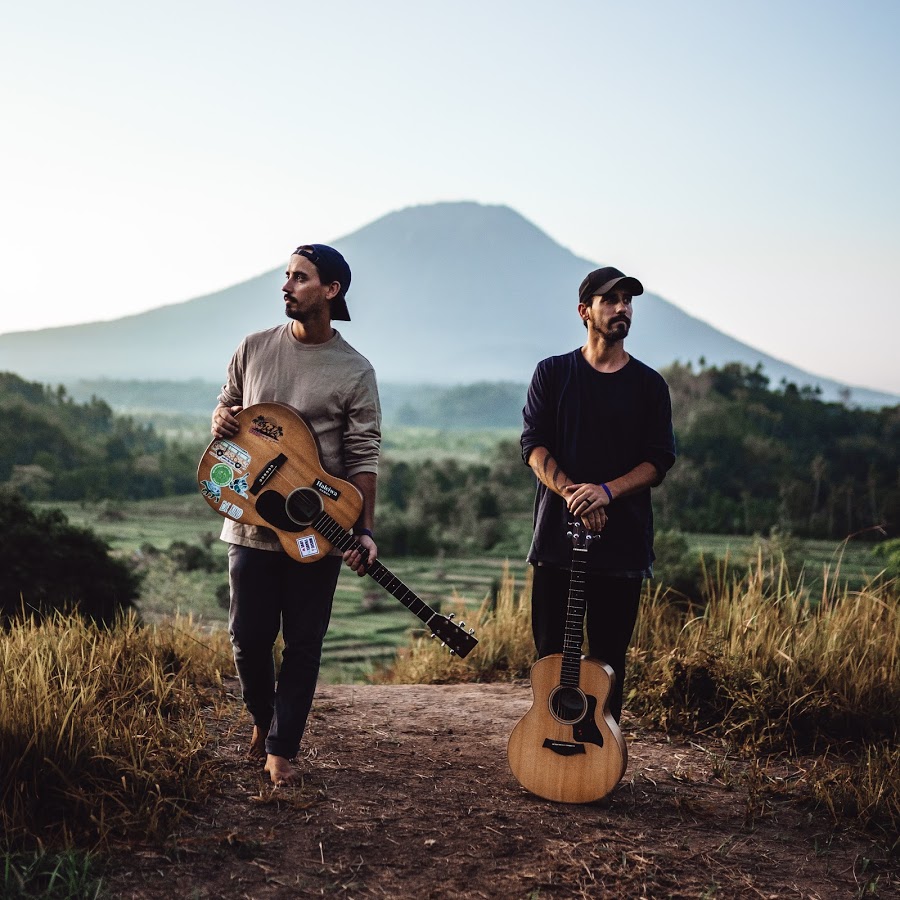Video Player is loading.
1,102
views •
December 9, 2022
Elon Musk Releases Twitter Files II Exposing Secret Blacklists

NTD News
0 Followed
Bari Weiss, founder and editor of The Free Press, has released the second volume of the so-called "Twitter files" on Thursday, revealing the social media platform's "secret blacklists."
Weiss has been working with Twitter's new owner Elon Musk and independent journalist Matt Taibbi to disclose internal Twitter information regarding censorship.
Twitter's censorship methods, according to Weiss, included placing specific users on a "Trends Blacklist" or a "Search Blacklist."
The popular Libs of TikTok account, as well as Dr. Jay Bhattacharya, professor of medicine at Stanford University School of Medicine, were secretly added to the "Trends Blacklist" by the company.
Bhattacharya was put on the list because he stated that children would be harmed by COVID-19 lockdowns. This action stopped his tweets from trending, Weiss said.
Conservative talk-show presenter Dan Bongino was also put on a so-called "Search Blacklist," Weiss disclosed.
Weiss also noted that conservative activist Charlie Kirk, founder of Turning Point USA, was put on a "Do Not Amplify" list.
The second installment comes just a week after Taibbi published, with Musk's endorsement, details about the social media platform's decision to suppress and censor the New York Post's report on the contents of Hunter Biden's laptop in October 2020.
"A new #TwitterFiles investigation reveals that teams of Twitter employees build blacklists, prevent disfavored tweets from trending, and actively limit the visibility of entire accounts or even trending topics—all in secret, without informing users," Weiss said on Twitter.
"Twitter once had a mission 'to give everyone the power to create and share ideas and information instantly, without barriers.' Along the way, barriers nevertheless were erected," she added.
Shadow Banning
Rank-and-file employees and executives at Twitter referred to so-called "shadow banning" as "visibility filtering" or "VF," according to Weiss, who said multiple "high-level" sources confirmed this at Twitter.
Weiss' report, published on Twitter, confirmed that the social media company deployed its so-called visibility filtering to make it hard for users to search for specific individuals—in other words, to blacklist their accounts.
The visibility filtering tool also limited the scope of a specific tweet's discoverability, prevented certain users' tweets from ever appearing on the "trending" section, and blocked them from appearing in hashtag searches, according to Weiss.
"All without users’ knowledge," she wrote.
One senior Twitter employee told Weiss to think about visibility filtering as a way for the company to "suppress what people see to different levels. It’s a very powerful tool.”
Twitter shadow bans users "quite a bit," one Twitter engineer reportedly told Weiss.
"We control visibility quite a bit. And we control the amplification of your content quite a bit. And normal people do not know how much we do," the Twitter engineer reportedly said.
Weiss said that this was confirmed by two additional Twitter employees.
'Secret Group' Blacklisted Users
Twitter had a "secret group" who were above and beyond the everyday content moderators from the Strategic Response Team-Global Escalation Team (SRT-GET) that blacklisted users, according to Weiss.
The secret group was known as the “SIP-PES," which stands for “Site Integrity Policy, Policy Escalation Support.”
The committee reportedly consisted of Vijaya Gadde, Twitter's former head of legal policy and trust; Yoel Roth, Twitter's former head of global trust and safety; and former CEOs Jack Dorsey and Parag Agrawal; and others.
While the SRT-GET "handled up to 200 'cases' a day" following the company’s policy on paper, the SIP-PES group existed at a level "beyond official ticketing, beyond the rank-and-file moderators," Weiss reported.
"This is where the biggest, most politically sensitive decisions got made. 'Think high follower account, controversial,' another Twitter employee told us. For these 'there would be no ticket or anything,'" Weiss added.
'We Do Not Shadow Ban'
Weiss not
Show All 
Comment 0











